October Theme: Why Uganda?
Today’s Question:
What drives our commitment to education equity in Uganda?
Hello Far Away Friends Club members!
Welcome to October, a month dedicated to exploring the question "Why Uganda?" in our Schools for Schools Program. As advocates for global education equity, it's crucial to understand the context and significance of our efforts in promoting positive change for students in rural Uganda.
Uganda is a country of over 40 million people, over half of which are under the age of 18. In the next 20 years, Africa will be home to the world’s biggest workforce. We believe the time to invest in the development of this next generation of young, global leaders is now. Next month, you will dive into more knowledge about how this organization came to be with our founders Jayme and Collines. We are continuing the legacy of Far Away Friends.
Welcome to today's discussion on the TEDxTeen talk by Collines Angwech titled "Life Beyond Conflicts." In this powerful talk from 12 years ago, Collines shares her personal journey and the lessons she has learned about resilience, forgiveness, and rebuilding life after experiencing conflict.
Watch the TEDxTeen Talk: Before starting the discussion, ensure that all participants have watched the TEDxTeen talk by Collines Angwech.
Discussion Points:
Discuss Collines Angwech's experiences and challenges during the conflict in Northern Uganda. How did she demonstrate resilience in the face of adversity? Share specific examples from her talk.
Explore the theme of forgiveness in Collines's story. How does forgiveness play a role in her personal healing and the healing of her community? What lessons can we draw from her experience?
Reflect on the concept of rebuilding life after conflict. What steps did Collines take to rebuild her life, and how can these lessons apply to individuals and communities facing challenges globally?
Collines emphasizes the importance of education in her talk. Discuss how education can be a powerful tool for empowerment and transformation, especially in post-conflict situations. How can education contribute to long-term positive change?
Collines was a teenager when she faced the challenges in Northern Uganda. Explore the impact that youth can have in promoting peace, reconciliation, and positive change in their communities.
Collines's story is specific to her experiences in Uganda, but it also has universal themes. Discuss how her story connects with global issues and conflicts. In what ways can people around the world learn from and support communities affected by conflict?
Reflection: Encourage participants to reflect on the talk and share any personal connections they felt with Collines's story. How can they apply the lessons learned from this talk in their own lives and communities?
Action Steps: Discuss potential action steps that participants can take individually or as a group inspired by Collines's story. How can they contribute to promoting peace, resilience, and education, both locally and globally?
Why is it essential for students in the USA to advocate for education equity in Uganda? How can this advocacy benefit both communities?
Closing Thoughts: Our commitment to education equity in Uganda is a driving force for positive change. Through open discussions and shared perspectives, we strengthen our understanding and motivation. Please make sure to do the Global Leadership Training on “Why Uganda? Ugandan History & The LRA War.” Let's continue to be passionate advocates, and together, we can make a lasting impact!
Recommended Resources:
https://www.farawayfriends.org/whyuganda
Keep the enthusiasm alive, Far Away Friends Club! Your dedication is making a difference. See you at the next meeting!


